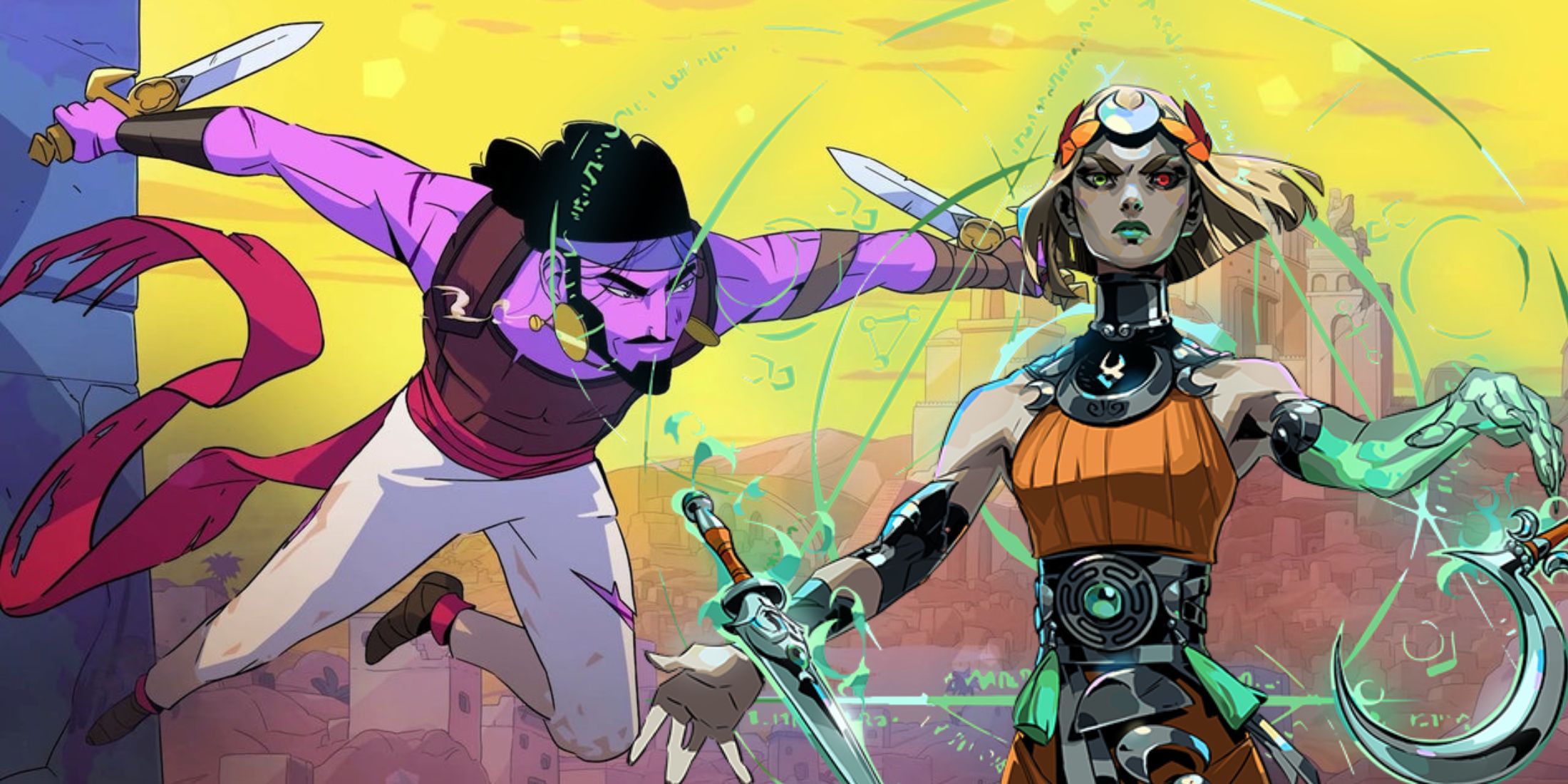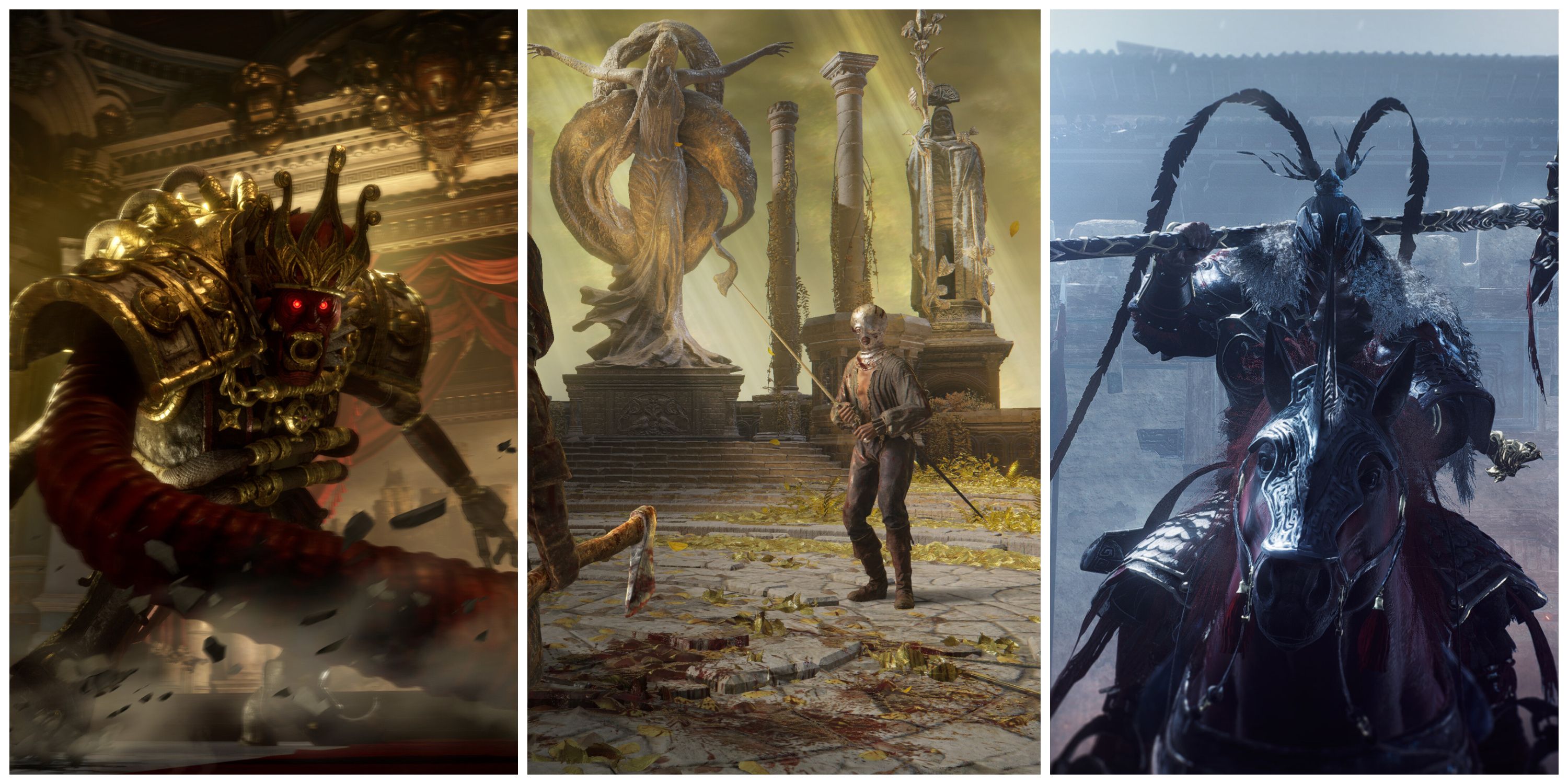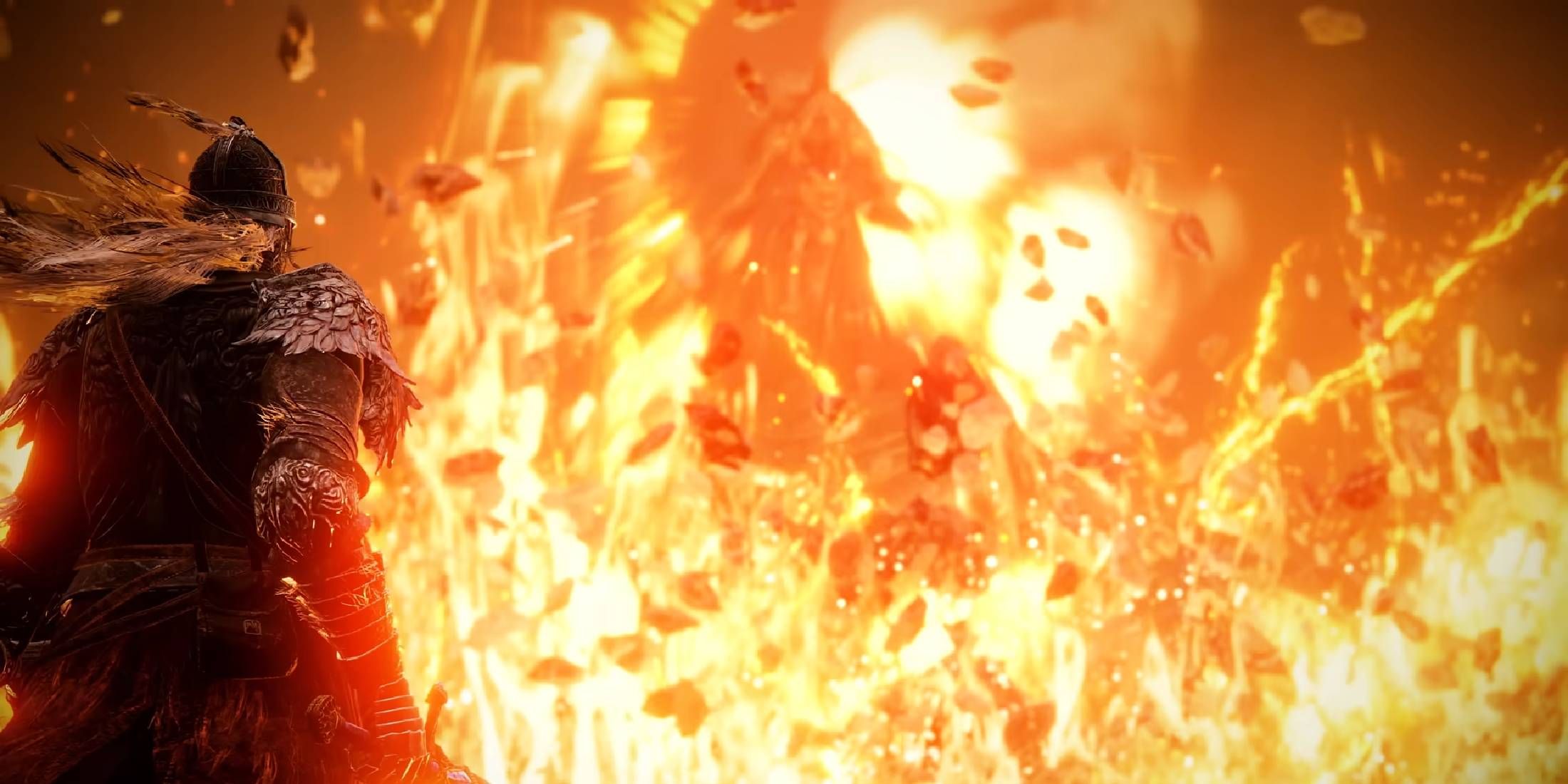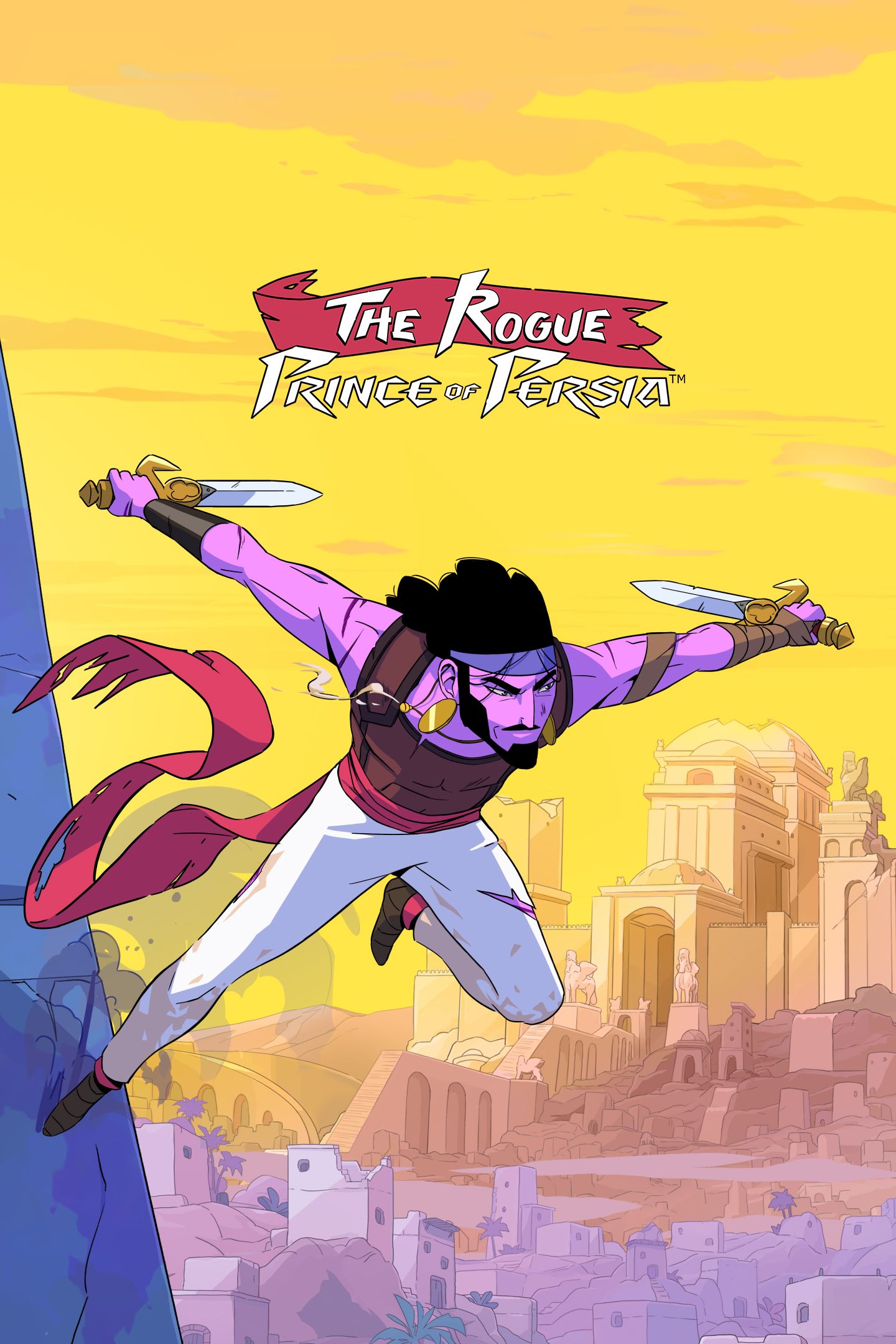Highlights
- The Prince of Persia franchise has made a surprising comeback with two new experimental games from Ubisoft studios.
- Ubisoft's success with Prince of Persia suggests that a new direction for other franchises could be worthwhile, with small-scale, Indie-developed spin-offs being a possibility for other franchises.
- The Rogue Prince of Persia offers a creative and bold take on the series, paving the way for more innovative approaches to Ubisoft's lineup.
A gigantic company that controls around 40 studios now, Ubisoft has become the owner of a mountain of video game franchises, some of which have become, or once were, the biggest franchises in the entire industry. While it may not have ever been on the same level as the likes of Halo, Call of Duty, or its own spin-off series Assassin's Creed, Prince of Persia used to be a pretty influential video game franchise, but one that Ubisoft eventually gave up on.
After three reboots in quick succession, the Prince of Persia franchise was left to fade into the background while Ubisoft's other franchises continued to grow and overshadow it. But in a surprise twist of fate, Ubisoft released Prince of Persia: The Lost Crown at the start of this year, and shockingly, it's been quickly followed by The Rogue Prince of Persia. It feels safe to say that the Prince of Persia franchise is back, and the less conventional return of the series should be something Ubisoft learns from for its other franchises.

The Rogue Prince of Persia Can Still Learn a Few Lessons From Hades 2
The elephant in the room right now, The Rogue Prince of Persia can't help but be compared to Hades 2, and there are still some things it could learn.
Ubisoft Should Produce More Small-Scale Risks
Prince of Persia Should Mark The Start of a New Era for Ubisoft
After 13 long years of waiting, the Prince of Persia franchise finally returned in January 2024, and it did so with a real bang. A 2D Metroidvania with an incredible amount of style and a high level of polish, Prince of Persia: The Lost Crown marks a new high point in the series' long history, and paves the way for a potential new strategy for Ubisoft. Rather than return with a big blockbuster 3D action-adventure game, Ubisoft decided to allow its Montpellier studio to take a few experimental risks with Prince of Persia's long-awaited comeback, and that was the right call, with it being a big critical hit on launch.
Now, just a few months later, the Prince of Persia franchise has continued its comeback tour with The Rogue Prince of Persia, an Evil Empire-developed roguelike that's just entered Steam early access. Arguably, The Rogue Prince of Persia is even more experimental than The Lost Crown, being developed by an Indie studio that's taking the series in yet another bold, new direction. Though it's a little too early to tell how The Rogue Prince of Persia will shake out, Ubisoft allowing Evil Empire to put such a creative spin on the franchise is definitely a good thing, keeping fans and critics invested in the series' now-unpredictable future.
Other Ubisoft Franchises That Could Use Experimental Indie Spin-offs
Ubisoft owns well over 50 gaming franchises, and so many of these have been milked to death over the last few decades. The publisher has a habit of finding a successful formula, and reusing it until fans are completely burnt out on it, and this has often led to franchises like Splinter Cell, Ghost Recon, and Far Cry being husks of their former selves, with only Assassin's Creed really experimenting via the Chronicles games and its RPGs. However, the recent Prince of Persia games might have paved the way for a new future for these franchises.
While big AAA blockbusters will always be Ubisoft's biggest money-makers, there should be more room for experimental, smaller-scale, Indie-developed spin-offs of beloved franchises; something like a Splinter Cell turn-based tactics game, a Far Cry extraction shooter, a Ghost Recon strategy game, or an Assassin's Creed Metroidvania. There are so many different ways other developers could put a spin on Ubisoft's franchises, and it would go a long way in breaking the mold of Ubisoft's usual open-world blockbuster formula.



